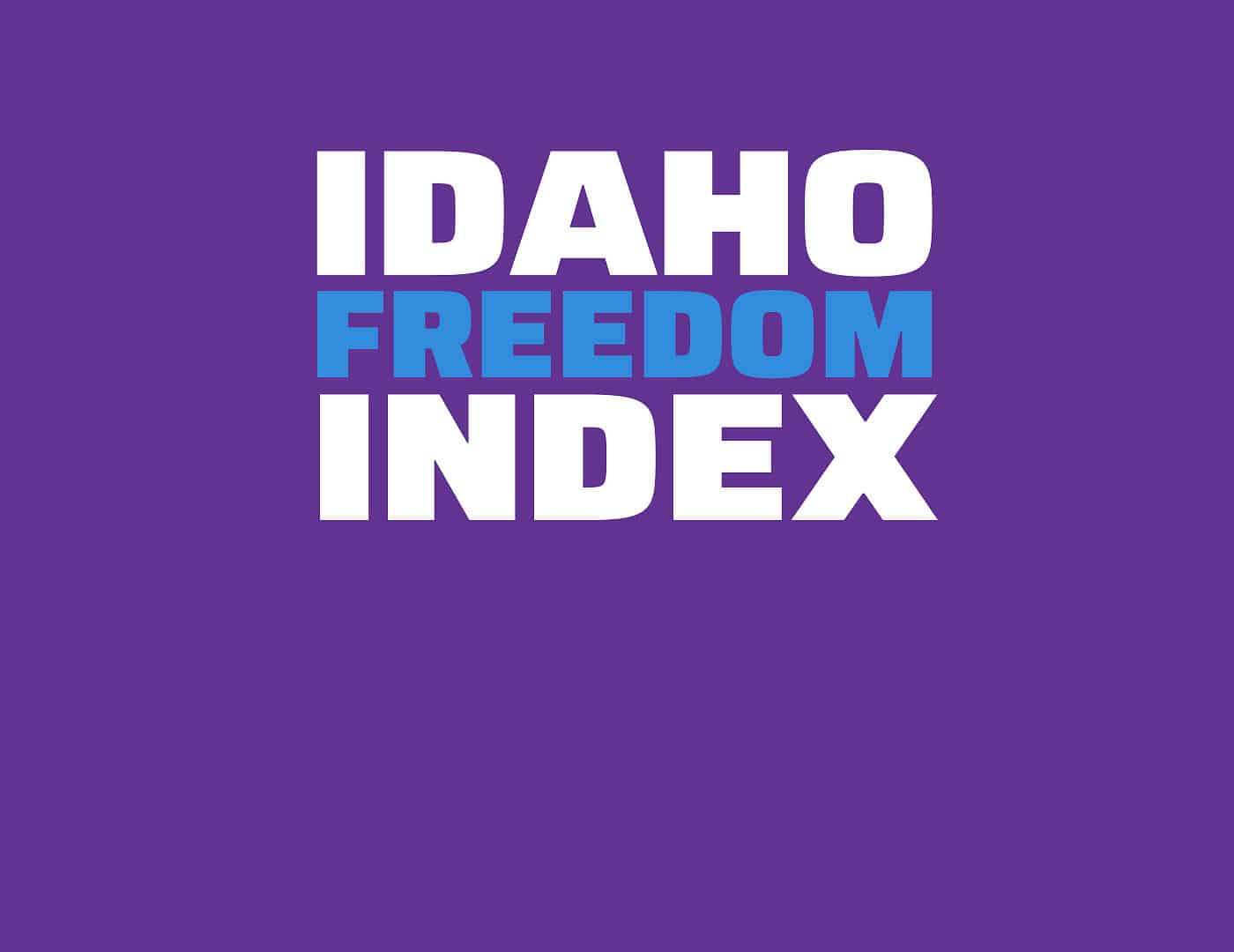


Bill Description: Senate Bill 1191 would limit how many state employees can telecommute, require special monitoring of those who do telecommute, set new policies regarding salaries, and create a new interim legislative committee.
Rating: -1
Does it increase government spending (for objectionable purposes) or debt? Conversely, does it decrease government spending or debt?
Senate Bill 1191 does several distinct things and each one will be addressed independently in this analysis.
Senate Bill 1191 would create Section 67-5344, Idaho Code, which says, in part, "Every state department listed in section 67-2402(1), Idaho Code, including every state agency organized under such department, shall ensure that no more than fifteen percent (15%) of its employees telecommute on any given work day."
This policy could lead to some government employees leaving their positions to seek more accommodating career opportunities in the private sector where telecommuting is appreciated. On the other hand, government jobs already offer increased job security and lucrative benefits compared to the private sector, so reducing access to the perk of telecommuting could give an advantage to the private sector.
(0)
Also in Section 67-5344, Idaho Code, it would say that the departments and agencies must "regularly monitor, at least monthly, the work product, work quality, and output of employees who are approved to telecommute to ensure that such employees are productive and effective while telecommuting."
Enhanced scrutiny to make sure that state employees are being productive and meeting goals is an appropriate safeguard of taxpayer money, but such scrutiny should be universal, not targeted only toward employees who telecommute.
(0)
Senate Bill 1191 would create Section 67-5345, Idaho Code, which says, "Except in individual circumstances provided for by the requirements of this chapter, employee salary increases awarded as a result of additional funding provided by the legislature shall take effect on July 1 of the year of such appropriation. Agencies shall track salary savings and shall use such savings for personnel costs in the same fiscal year as such funds were appropriated or else return such moneys to the general fund. For the purposes of this section, ‘salary savings’ means the difference between an amount appropriated for an agency's personnel budget and the agency's actual personnel costs."
It is appropriate to return unused appropriations to the general fund, and ideally, to the taxpayer, but this provision also allows agencies to “use such savings for personnel costs.” This change may encourage government managers to award bonuses or other incentives to their employees, in order to use up appropriations rather than revert them.
(0)
Senate Bill 1191 would create Section 67-5345, Idaho Code, which would create a new interim legislative committee called the "human resources and employee compensation review committee." This committee would be tasked with "undertaking and completing a study of the state employee compensation and benefits system as well as other human resources-related subject matter."
The committee would be specifically "authorized to study and to develop legislation regarding:
The average interim legislative committee costs approximately $10,000.
The costs of operating the committee are concerning, and the subjects being considered seem far likelier to increase government spending than to reduce it.
(-1)


